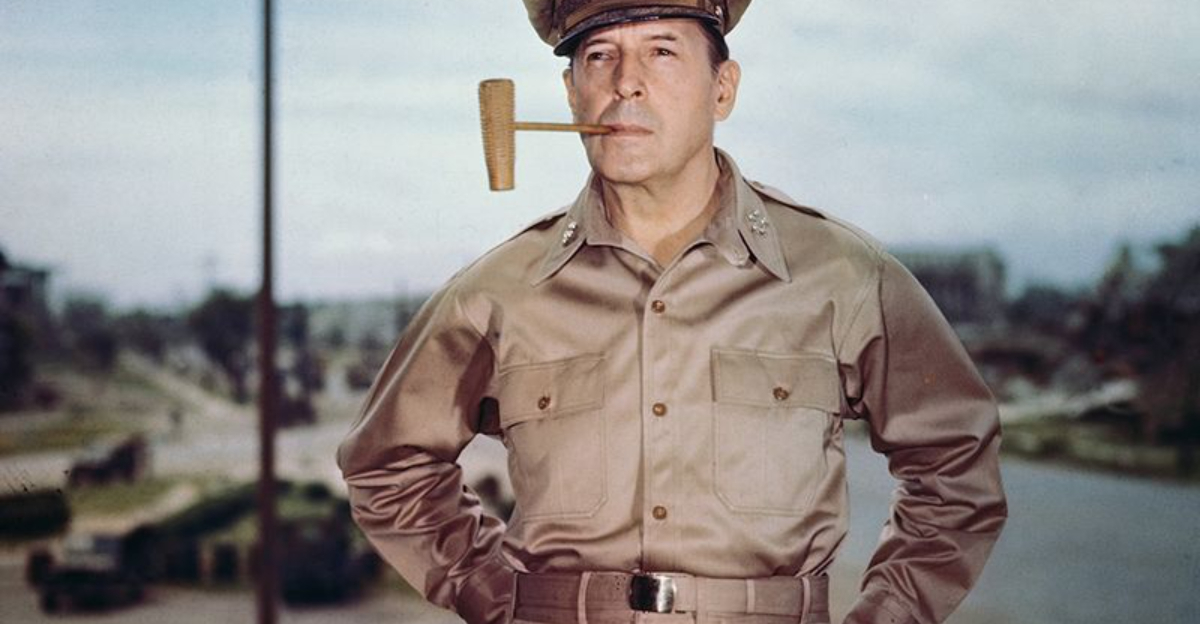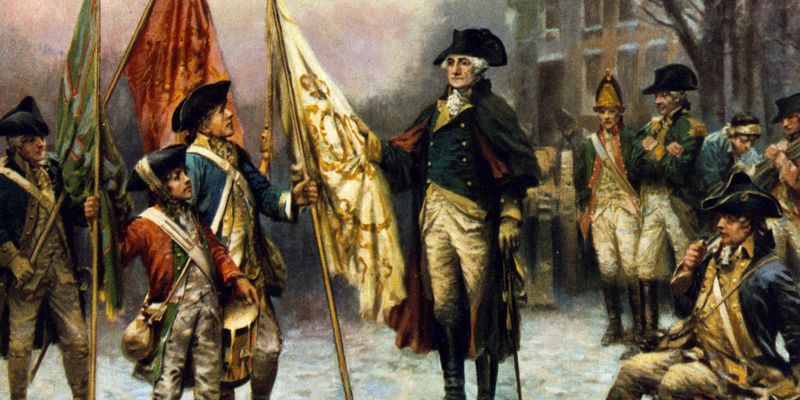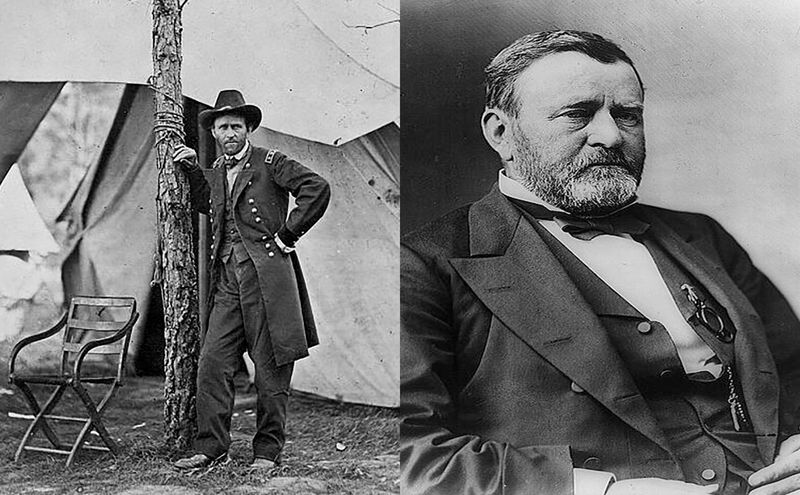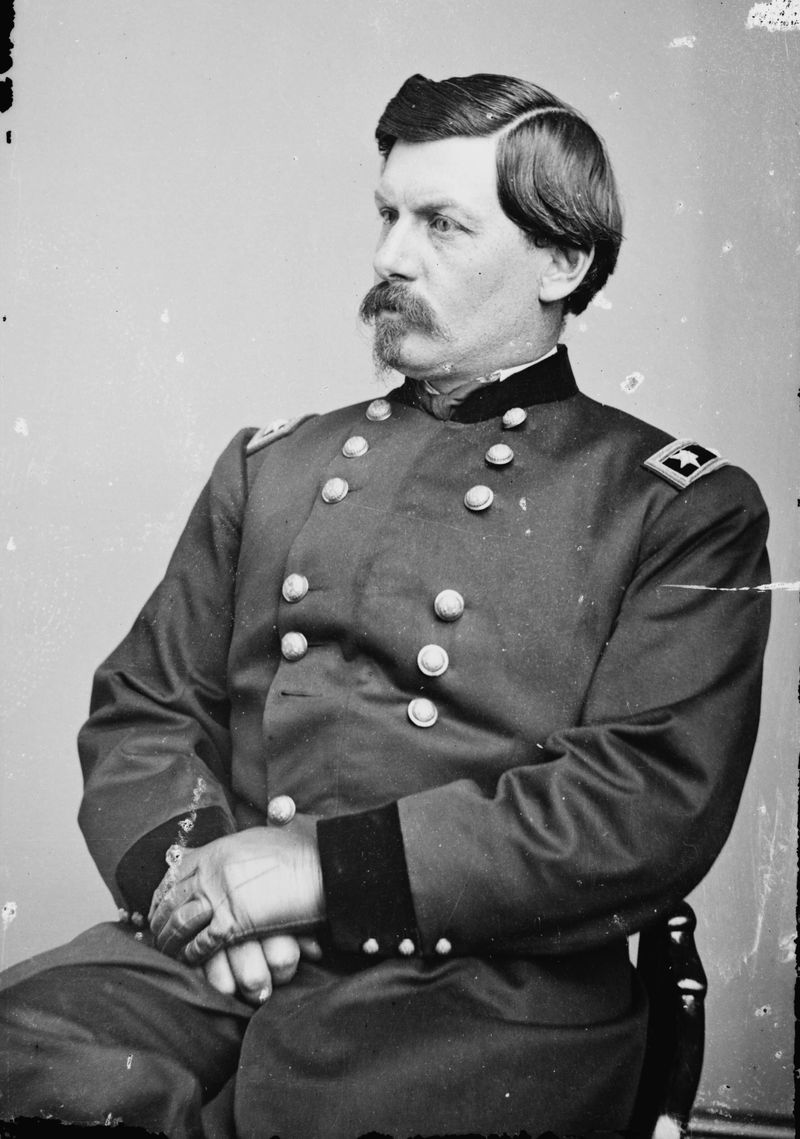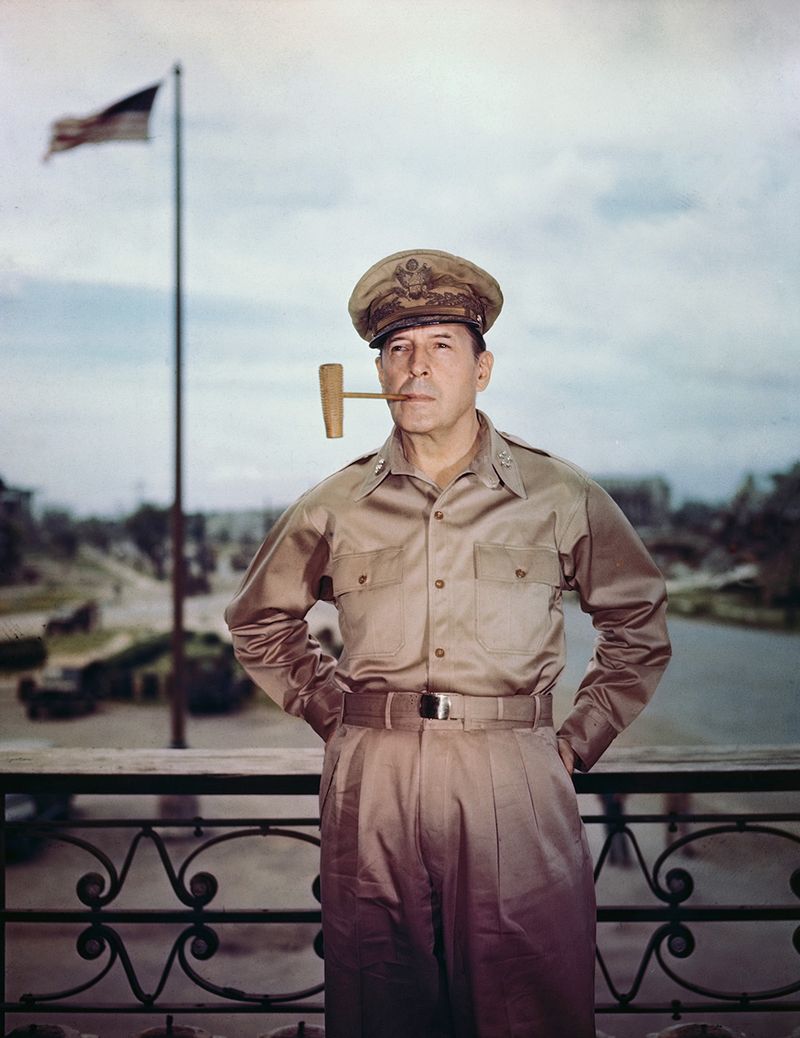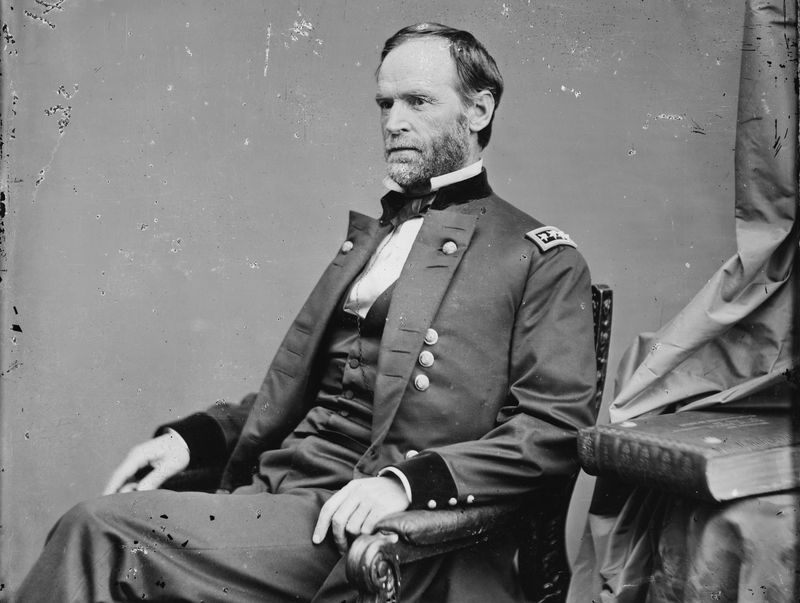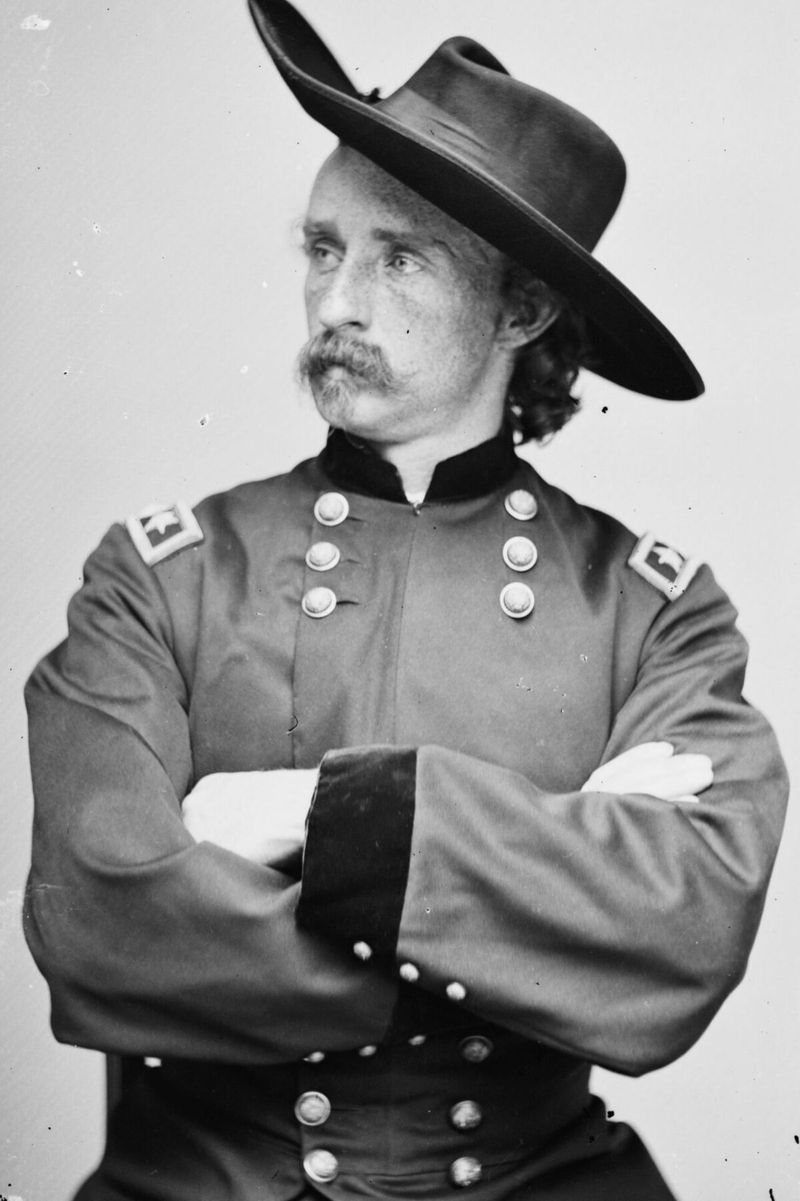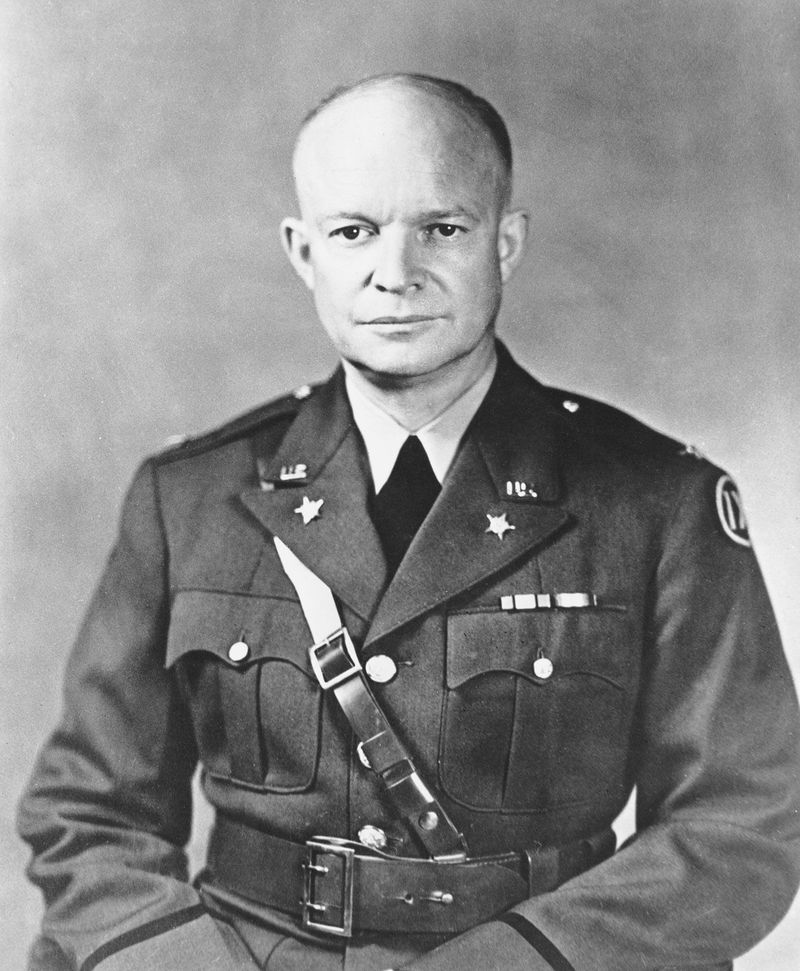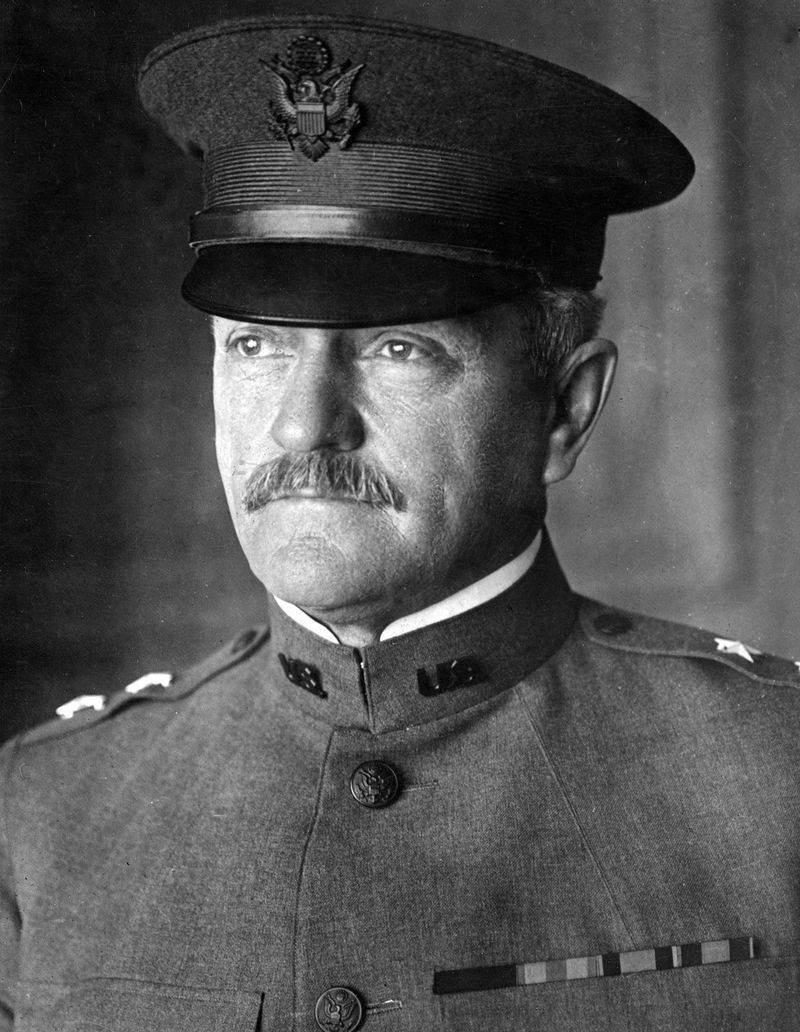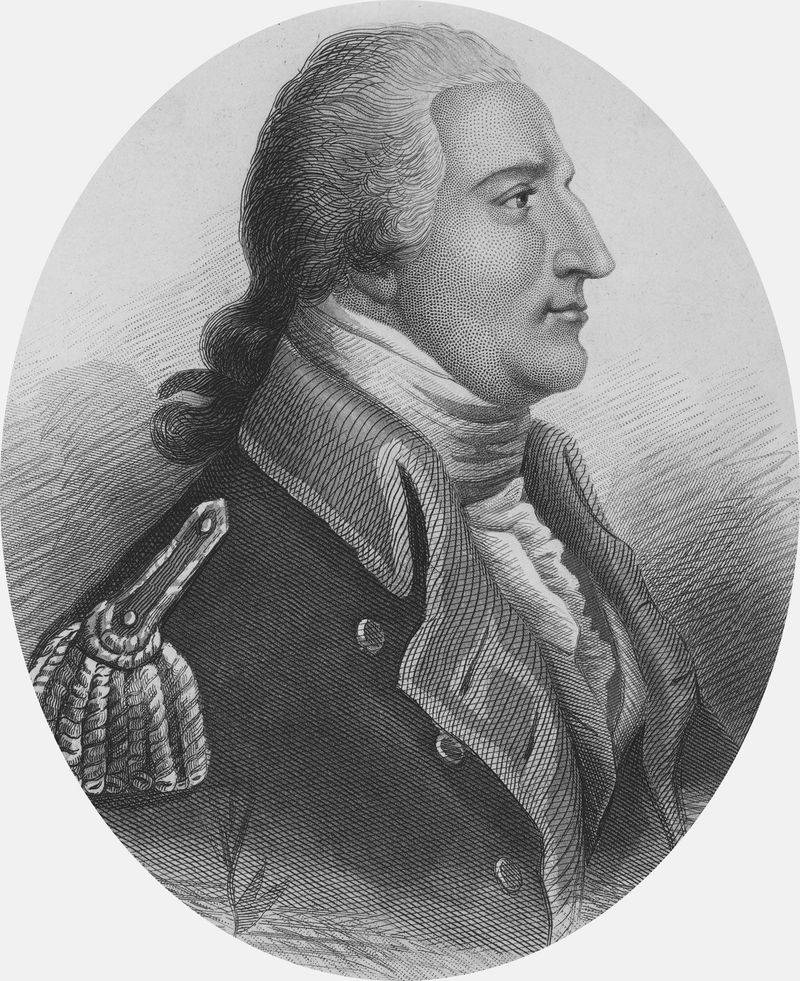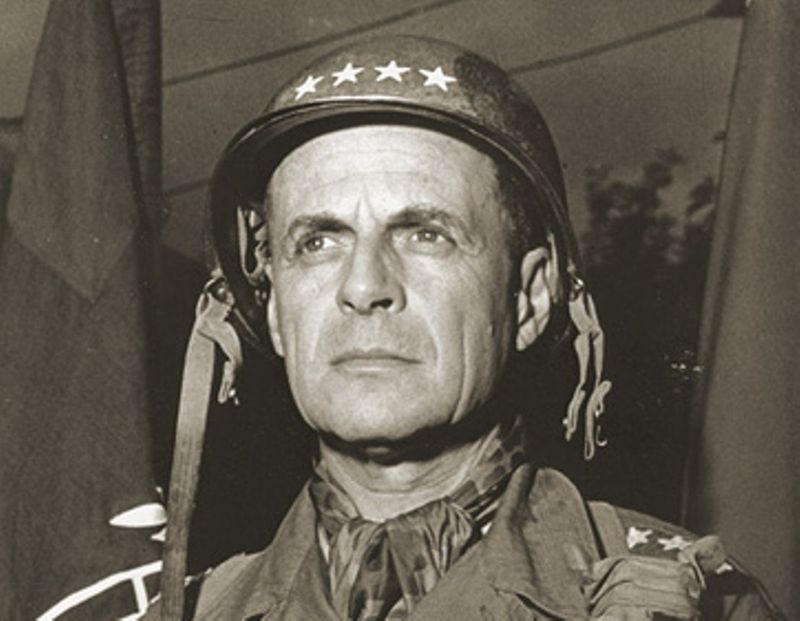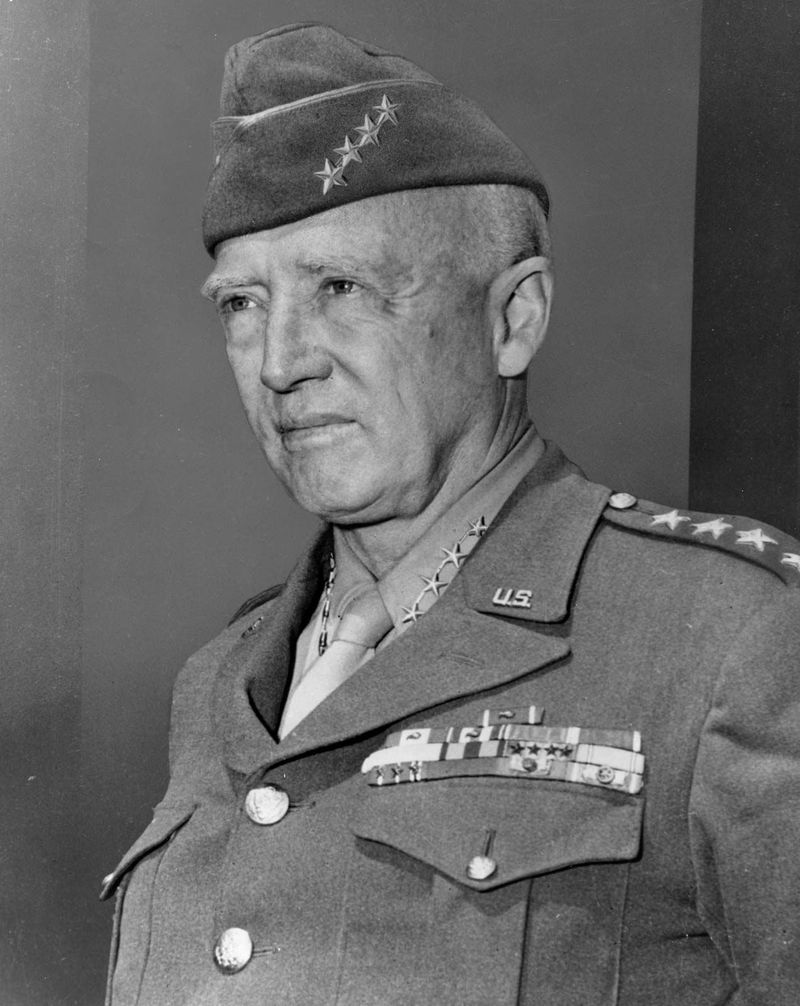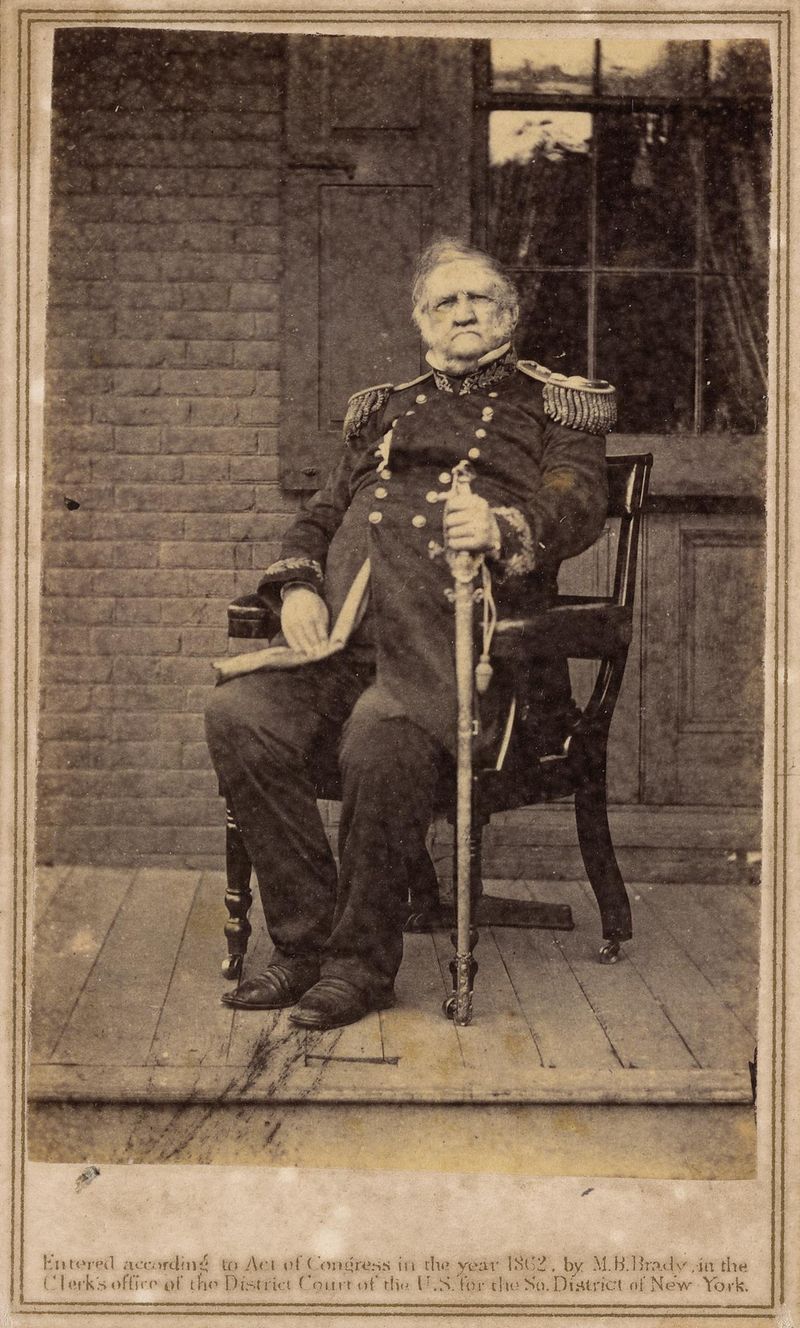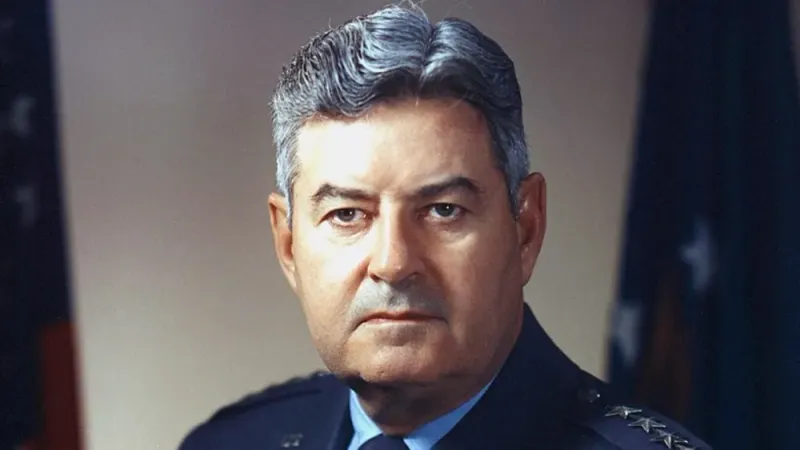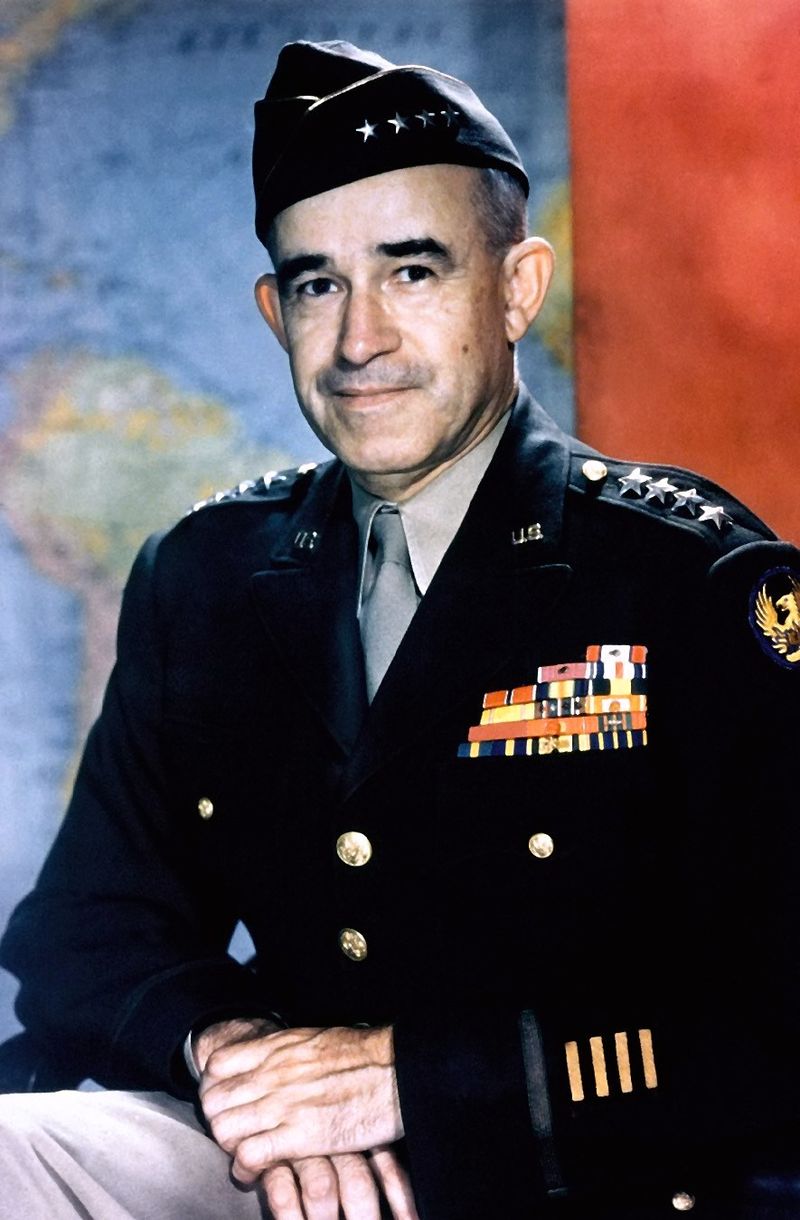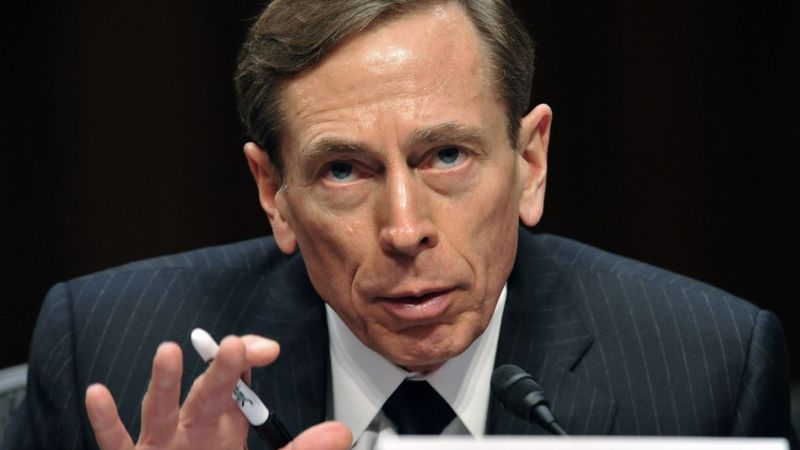For years, perceptions of military leaders have been shaped by historical narratives that often underplay their true contributions or failures. However, recent research has shed light on the deeper impacts made by some of the most notable figures in American military history. These revised insights reveal the complexities of leadership beyond the traditional views.
1. George Washington – More Than Just a Symbol
Washington’s reputation as merely a symbolic leader belies his true strategic genius. His adept use of logistics, combined with a knack for espionage, played crucial roles in the American Revolution. The Culper Ring, his spy network, provided critical intelligence that allowed him to outmaneuver British forces.
Washington also excelled in morale-building, often inspiring his troops through challenging times. His ability to employ deception, such as creating fake supply depots, showcased his innovative approach to warfare. These actions, often understated in history, reveal a leader deeply committed to the revolutionary cause.
2. Ulysses S. Grant – Not Just a Butcher
Long labeled as a brute, Grant’s strategic acumen was exceptional. His orchestration of the Vicksburg Campaign remains a testament to his military prowess. This campaign, a masterclass in logistics and maneuvering, is still studied in military academies worldwide.
Beyond the battlefield, Grant championed civil rights, a fact often overshadowed by his wartime reputation. His post-war presidency further demonstrated his commitment to equality and justice. Grant’s legacy, therefore, extends far beyond his victories, highlighting a leader of depth and conviction.
3. George McClellan – Overcautious or Sabotaged?
Often criticized for hesitance, McClellan’s cautious nature may have stemmed from flawed intelligence and political pressure. Reports consistently overestimated Confederate forces, leading to his perceived inaction.
Lincoln’s constant pressure for results further complicated his command, pushing him to act prematurely in several instances. Despite these challenges, McClellan’s organizational skills and care for his troops were unparalleled. His legacy, marked by these complexities, suggests a leader caught in a web of misinformation and high expectations.
4. Douglas MacArthur – Flawed But Forward-Thinking
MacArthur’s career is a blend of triumphs and setbacks. While his Korean War strategies are often critiqued, his reforms in post-war Japan were groundbreaking. His leadership facilitated Japan’s transformation into a prosperous democracy.
His innovative island-hopping strategy during WWII saved countless lives and expedited the war’s end. Despite his flaws, MacArthur’s vision and strategic innovations significantly impacted military history, illustrating a leader capable of profound foresight.
5. William Tecumseh Sherman – Not Just a Destroyer
Sherman’s “March to the Sea” is often viewed as sheer destruction, but it was strategic psychological warfare designed to hasten the war’s conclusion. By breaking the South’s will, he effectively shortened the conflict.
Later, Sherman advocated for fairer treatment of Native Americans, highlighting his evolving perspective on justice. His military strategies, once seen as ruthless, are now recognized as innovative approaches to warfare, aimed at reducing overall casualties.
6. George Armstrong Custer – More Than a Foolhardy Martyr
Custer’s name is synonymous with reckless ambition, yet during the Civil War, he was a competent cavalry commander. His failures at Little Bighorn were due to flawed intelligence and overwhelming odds, not just personal folly.
Despite this notorious defeat, Custer’s earlier achievements in battle highlight a leader capable of impressive tactical maneuvers. His career, therefore, is not merely one of reckless bravado but of nuanced military prowess.
7. Dwight D. Eisenhower – The Political General
Eisenhower’s brilliance lay in his ability to balance complex Allied dynamics. His knack for diplomacy ensured cooperation among leaders like Churchill, Patton, and Montgomery, crucial for Allied success.
Beyond the battlefield, his strategic mind shaped post-war Europe, laying the groundwork for modern peace. Eisenhower’s leadership style, often understated, required immense skill and patience, crafting a legacy of tactical and diplomatic achievements.
8. John J. Pershing – The Overlooked Reformer
Pershing’s role in modernizing the U.S. military has often been overlooked. His insistence on rigorous training and cohesive American units greatly contributed to the Allies’ success in WWI.
His reforms laid the foundation for future military practices, emphasizing adaptability and cohesion. Pershing’s foresight and dedication to modernization redefined military leadership during a pivotal time in history.
9. Benedict Arnold – Traitor, But Also a Hero
Before his infamous betrayal, Arnold was a key figure in the American Revolution. His leadership at Saratoga was instrumental in securing a crucial victory for the patriots.
While his later actions cast a shadow over his legacy, Arnold’s early contributions reveal a courageous and capable commander. His dual legacy reflects the complexities of loyalty and ambition during wartime.
10. Matthew Ridgway – The Savior of Korea
Ridgway’s arrival in Korea marked a turning point. His aggressive tactics and inspirational leadership rejuvenated UN forces, reversing the tide against the communists.
Beyond his battlefield successes, Ridgway’s ability to boost morale and instill confidence in his troops was transformative. His legacy is one of resilience and strategic acumen, reshaping perceptions of leadership during the Korean War.
11. George Patton – More Than Just a Hothead
Patton’s reputation for volatility overshadows his strategic brilliance. His understanding of armored warfare was unmatched, and his leadership during key campaigns demonstrated tactical genius.
The “Ghost Army” deception plan, showcasing his innovative thinking, significantly contributed to Allied victories. Patton’s methods, though controversial, reflect a leader unafraid to push boundaries for success.
12. Winfield Scott – The Forgotten Strategist
Scott’s “Anaconda Plan” was pivotal in suffocating the Confederacy during the Civil War. His foresight in advocating a comprehensive blockade strategy laid the groundwork for Union victory.
Beyond this, Scott played a crucial mentoring role for future leaders like Grant and Lee. His contributions, though often overshadowed, demonstrate a visionary approach to warfare.
13. Curtis LeMay – Not Just a Bombing Fanatic
LeMay’s reputation as a fierce advocate of total war is tempered by his contributions to strategic bombing doctrine. His innovations deterred Soviet aggression during the Cold War, showcasing his forward-thinking approach.
Modernizing the Air Force, LeMay’s leadership shaped U.S. military strategy, ensuring readiness and deterrence. His legacy is one of innovation and strategic foresight, redefining air power’s role in modern warfare.
14. Omar Bradley – The Quiet Mastermind
Bradley’s understated demeanor belied his logistical genius during the Normandy invasion. His ability to coordinate complex operations was instrumental in the successful Allied advance.
Post-war, Bradley’s leadership extended to VA reforms, showcasing his commitment to veteran welfare. His legacy as a quiet yet effective leader underscores the power of strategic planning and compassionate leadership.
15. David Petraeus – Beyond the Scandal
Petraeus’ career, despite personal scandals, is marked by groundbreaking counterinsurgency strategies in Iraq and Afghanistan. His approaches significantly shifted modern military doctrines.
His emphasis on winning hearts and minds transformed U.S. military engagement strategies, highlighting a nuanced understanding of warfare’s complexities. Petraeus’ contributions, though controversial, continue to influence military thought.
